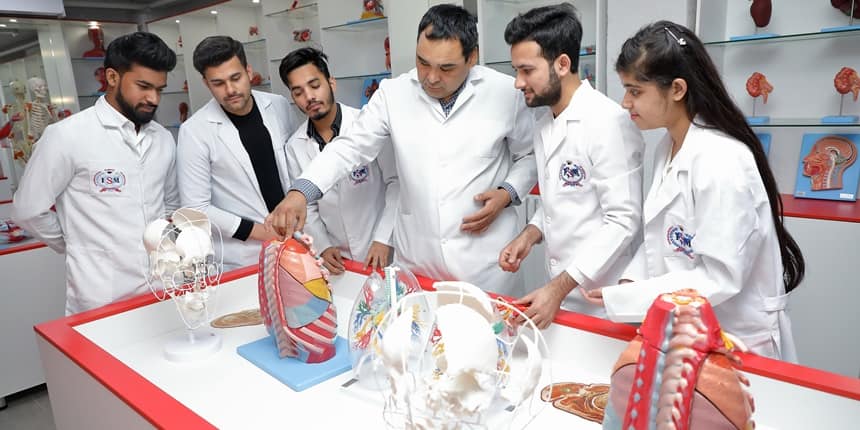
Delhi HC Refuses To Allow Ayurveda Aspirants Having Low NEET Percentile To Participate In Counselling
NDTV
The court noted that the minimum qualification prescribed for admission to undergraduate MBBS and Indian medicine is the same i.e 10+2 and the applicable regulations prima facie do not mandate the holding of separate entrance tests for the two streams of medicine
The Delhi High Court on Tuesday refused to allow two Ayurveda course aspirants having low percentile in the NEET examination to participate in the counselling process for admissions to Ayurveda courses. The court declined to give any interim relief on their plea which claimed that it is unfair to subject them to the same entrance examination which is for admission to the MBBS course. A bench headed by Acting Chief Justice Vipin Sanghi noted that the objective behind a common entrance was to “raise the standard” and their case proceeded on the assumption that the courses in the Indian system of medicine were inferior to that of modern medicine.
The bench, also comprising Justice Navin Chawla, issued notice to the central government, National Commission for Indian System of Medicine, National Testing Agency, and other respondents on the petition which challenges the law and regulation mandating a common National Eligibility-cum-Entrance Test (NEET) for taking admission in Ayurveda courses and asked the concerned authority to disclose the number of seats available in the various courses of Indian system of medicine and the seats filled.
“The whole objective is to raise the standard. You want incompetent people to get into these institutions and therefore kill this branch completely. When it comes to seeking rights while in service you say we are equally qualified doctors,” the court said. "We are not inclined to give (favourable) interim order," it stated.
The petitioners, represented by lawyer Animesh Kumar, argued that there should be a different entrance examination for aspirants of the Indian system of medicine and claimed that presently a large number of seats in such courses go vacant after the aspirants fail to meet the cut-off percentile which is decided based on relative merit.
